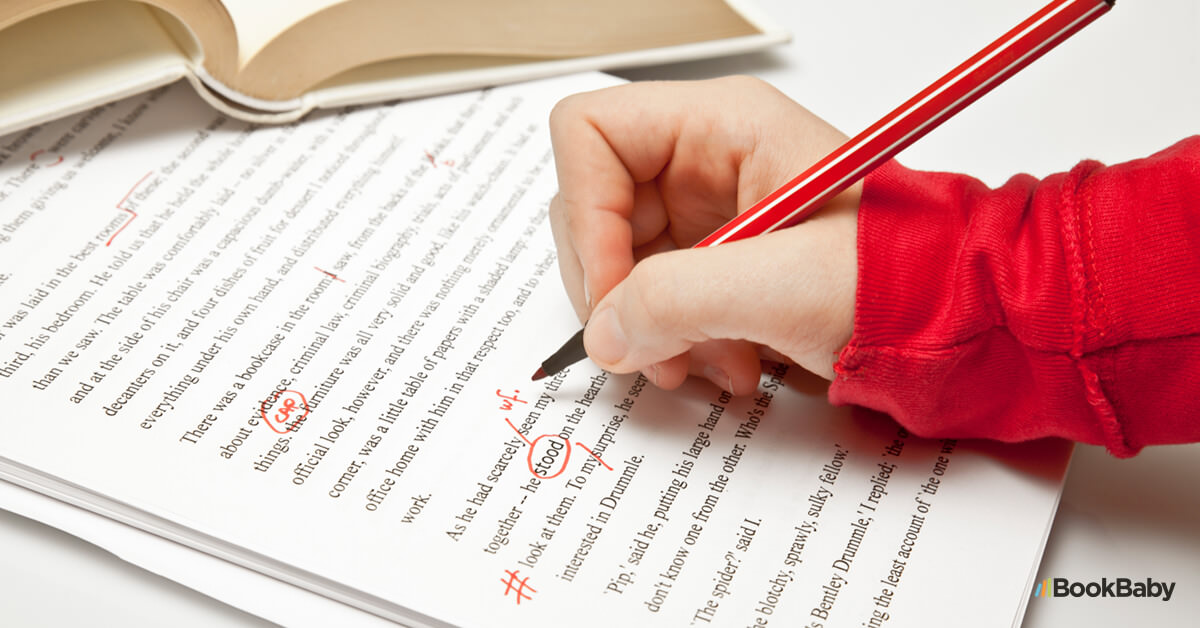
Writing a book is a massive achievement—but it’s only half the battle. To take your manuscript from good to great, you need a sharp-eyed editor who understands your genre inside and out. Think of editing like tailoring. You wouldn’t take your wedding dress to a mechanic, right? The same goes for your book—your editor must “fit” your story, tone, and audience. But with so many options out there, how do you pick the right one?
In this article, we’ll walk you through everything you need to know to find the right editor for your genre, no matter what kind of story you’re telling. Plus, we’ll highlight how Professional Book Editing Services can make the process easier, faster, and more polished.
1. Introduction: Why Genre Matters in Editing
Choosing the right editor isn’t just about skill—it’s about style, tone, and audience understanding. A romance editor may not catch pacing issues in a thriller. A sci-fi editor might not pick up on the emotional nuances of a memoir. Your genre shapes your story—and your editor should know that genre like the back of their hand.
2. Understanding the Different Types of Editors
Before diving into genre, let’s clarify who’s who in the editing world:
- Developmental Editors focus on big-picture elements: plot, structure, pacing, and character development.
- Line Editors polish your prose, ensuring clarity, flow, and tone.
- Copy Editors look for grammar, punctuation, and consistency errors.
- Proofreaders are your last line of defense before publishing.
Each of these roles plays a part depending on your manuscript’s needs. You may need one or a combination, and knowing this will guide your editor search.
3. The Role of Genre-Specific Editing
Every genre has its own “rules”—even if they’re meant to be broken. A horror editor knows how to build tension. A fantasy editor understands world-building. An editor unfamiliar with your genre may miss subtle cues or suggest changes that throw your story off-balance.
Think of it like cooking. You wouldn’t hire a sushi chef to bake your wedding cake. You need someone who specializes in your flavor of storytelling.
4. Fiction vs. Non-Fiction: Editing Needs
Fiction and non-fiction differ greatly in purpose and presentation:
- Fiction Editors focus on character arcs, narrative flow, and reader immersion.
- Non-Fiction Editors ensure clarity, factual accuracy, and logical structure.
For memoirs or narrative non-fiction, you’ll want someone skilled in both worlds.
5. Why Every Genre Has Unique Editing Challenges
Let’s break down a few genres to show why expertise matters:
- Mystery/Thriller: Pacing and plot twists are everything. Editors must spot plot holes.
- Romance: Emotional build-up and character chemistry are key.
- Fantasy/Sci-Fi: World-building must be consistent and believable.
- Historical Fiction: Accuracy and period authenticity matter.
- Self-Help/Business: Clarity and authority are essential; tone must be motivating yet professional.
The editor should understand reader expectations and ensure your manuscript meets them.
6. Questions to Ask Before Hiring an Editor
Before you commit, ask:
- Have you edited books in this genre before?
- Can I see samples or client testimonials?
- How do you provide feedback—do you use track changes and margin notes?
- What’s your typical turnaround time?
These questions help you assess if the editor aligns with your vision and timeline.
7. Where to Find Genre-Specific Editors
Here are a few trusted places:
- Professional Book Editing Services websites (like Reedsy, Kirkus, or Scribendi)
- Freelance platforms (Upwork, Fiverr, Freelancer)
- Writer communities and forums (Absolute Write, Reddit’s r/selfpublish)
- Local writing groups or workshops
Don’t just choose based on price—look at experience, reviews, and specialization.
8. Red Flags to Watch Out For
Some warning signs include:
- Lack of samples or vague answers
- No contract or unclear pricing
- Promising too-fast turnaround times
- Poor communication or delays
Your editor should be responsive, transparent, and reliable.
9. Benefits of Using Professional Book Editing Services
Going through a service often provides:
- Vetted editors with proven experience
- Editorial matchmaking based on genre
- Quality control and accountability
- Bundled services for multiple types of editing
These services can save you time and ensure consistency. It’s like hiring a whole editing team rather than just one person.
10. Comparing Freelance Editors vs. Editing Services
Freelancers are often more flexible and affordable, and you can build a long-term relationship.
Editing services offer more structure, backups, and usually faster turnaround.
Choose what works best for your budget, timeline, and personal comfort.
11. How to Assess an Editor’s Experience with Your Genre
Look for:
- Books they’ve edited in the same genre
- Reviews from similar authors
- Relevant credentials (degrees, workshops, etc.)
- Sample edits that show genre-savvy suggestions
A good editor should “speak your book’s language.”
12. Understanding Editing Samples and Trial Edits
Most professional editors will offer a free sample edit of 1–5 pages. This shows:
- How they approach your text
- The types of changes they suggest
- Their communication style
It’s like a test drive—don’t skip it!
13. Setting Expectations and Communication Style
Every editor has a different process. Discuss:
- How many rounds of edits are included
- How feedback is delivered
- How often you’ll communicate
You want an editor who respects your voice while giving honest feedback.
14. Budgeting for Genre-Specific Editing
Prices vary widely:
- Developmental editing: $0.07–$0.12 per word
- Line editing: $0.05–$0.08 per word
- Copy editing: $0.03–$0.06 per word
- Proofreading: $0.01–$0.03 per word
Professional Book Editing Services may offer packages, which can reduce costs.
Tip: Don’t choose the cheapest option. You get what you pay for.
15. Final Tips for Finding the Right Fit
- Do your research—don’t rush.
- Trust your instincts—you’ll be working closely.
- Look for editors who respect your voice.
- Start early—last-minute editing is rarely quality editing.
Finding the right editor is like dating. Compatibility, honesty, and mutual goals matter.
Conclusion
Editing is more than just fixing typos. It’s about shaping your story to shine—and to do that well, you need an editor who gets your genre. By asking the right questions, reviewing samples, and considering Professional Book Editing Services, you’ll give your manuscript the professional polish it deserves.
Remember: your book is your baby. Don’t hand it to just anyone.







